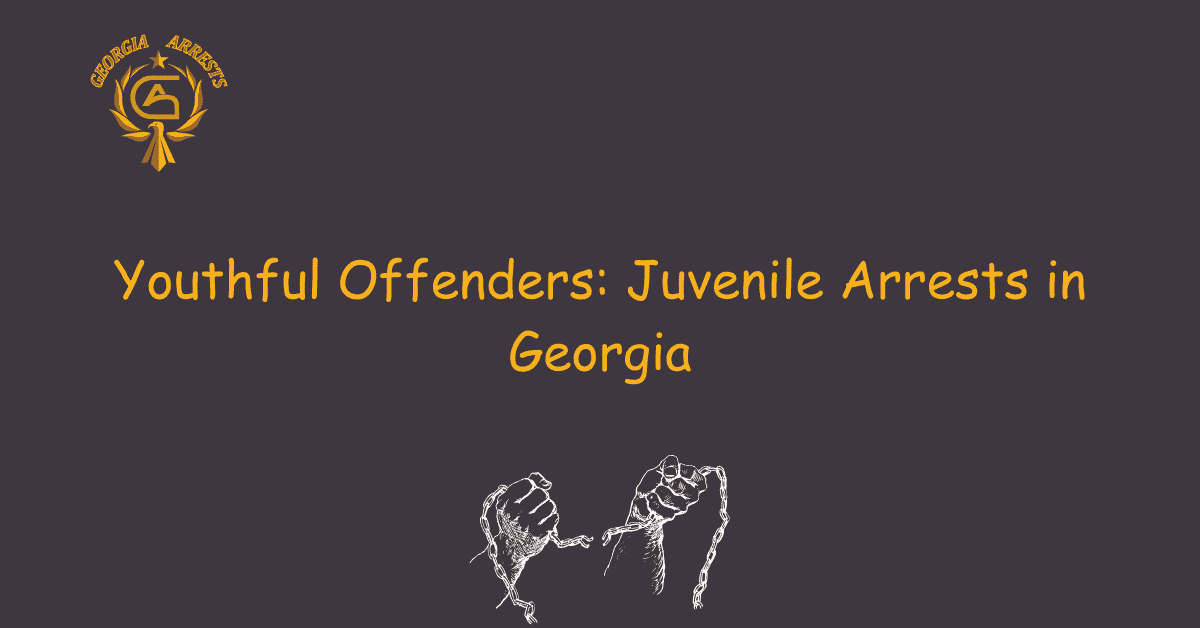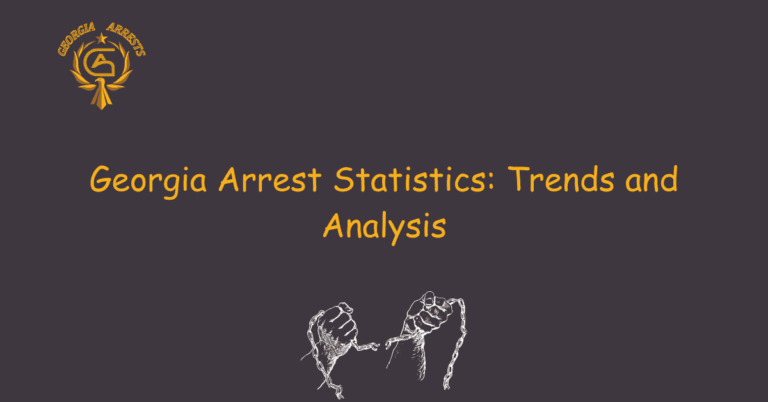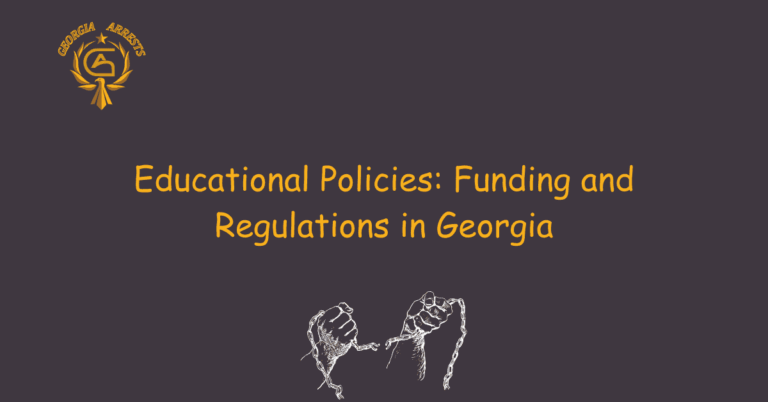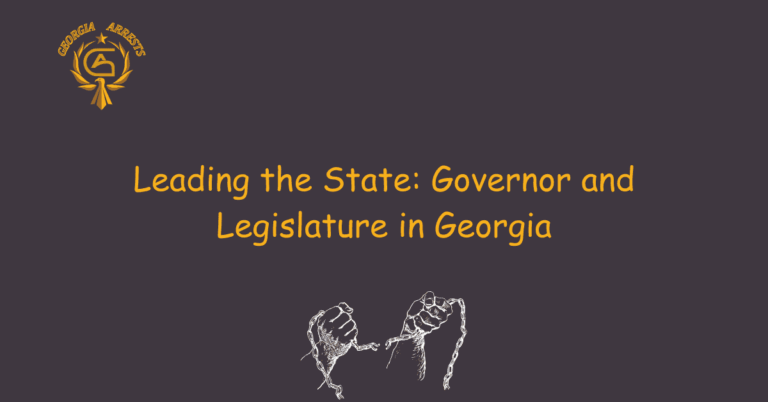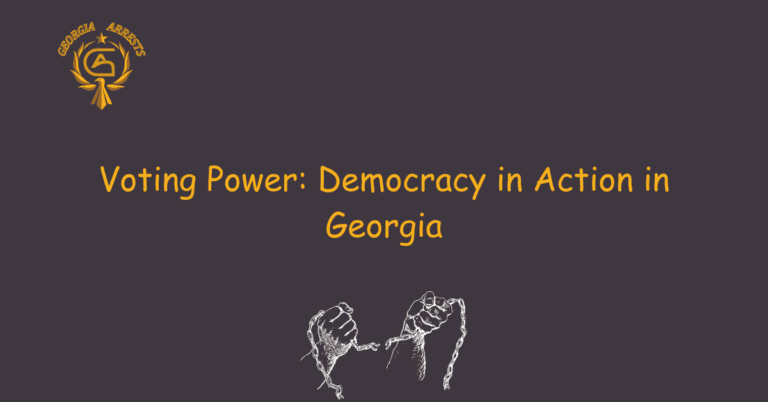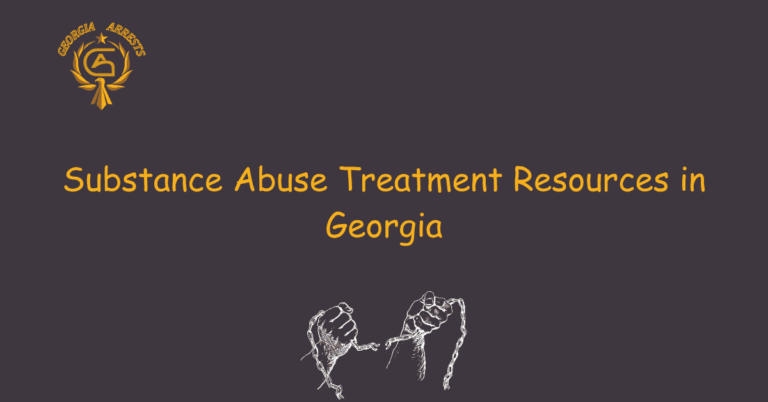Youthful Offenders: Juvenile Arrests in Georgia
In the state of Georgia, there has been a growing concern regarding youthful offenders and the rate of juvenile arrests. It is crucial to address this issue and understand the underlying factors contributing to juvenile delinquency. By examining the causes, consequences, and potential solutions, we can work towards a safer and more promising future for our youth.
Factors Contributing to Juvenile Delinquency
There are several factors that contribute to the issue of juvenile delinquency in Georgia. These factors include family dynamics, peer influence, and socioeconomic status. It is important to examine each of these factors in order to gain a comprehensive understanding of the problem.
Family Dynamics
The family environment plays a crucial role in shaping a child’s behavior. Broken families, lack of parental supervision, and domestic violence can all contribute to delinquent behavior. It is important to address these issues and provide support and resources to families in order to create a nurturing and stable environment for children.
Peer Influence
Adolescents are highly influenced by their peers, and this influence can lead to engagement in delinquent activities. Peer pressure, gang involvement, and exposure to negative role models can all contribute to juvenile delinquency. It is important to educate young people about the consequences of their actions and provide positive peer groups and activities to divert them from engaging in delinquent behavior.
Socioeconomic Status
Socioeconomic status plays a significant role in juvenile delinquency. Poverty, lack of access to quality education, and limited opportunities for employment can push young people towards criminal activities. It is crucial to address these systemic issues and provide equal opportunities and resources to all individuals, regardless of their socioeconomic background.
Consequences of Juvenile Delinquency
The consequences of juvenile delinquency can be far-reaching and impact not only the individuals involved but also the community as a whole. Understanding these consequences is essential in order to develop effective prevention and intervention strategies.
Psychological Impact
Engaging in delinquent behavior can have a detrimental effect on a young person’s mental health. It can lead to increased levels of stress, anxiety, and depression. These psychological impacts can hinder their overall development and future prospects.
Academic Consequences
Delinquency often leads to poor academic performance and high dropout rates. This can limit the individual’s educational and career opportunities, perpetuating a cycle of criminal behavior and limited success.
Community Safety
Juvenile delinquency poses a threat to community safety. It can contribute to an increase in crime rates and create an unsafe environment for both young people and adults. Addressing juvenile delinquency is crucial in ensuring the safety and well-being of the community.
Potential Solutions for Juvenile Delinquency
In order to address the issue of juvenile delinquency, a multi-faceted approach is needed. It requires collaboration between families, schools, community organizations, and law enforcement agencies.
Early Intervention Programs
Implementing early intervention programs can help identify at-risk youth and provide them with the necessary support and resources. These programs can include mentoring, counseling, and educational initiatives aimed at diverting young people from delinquent activities.
Community Engagement
Engaging the community is crucial in preventing juvenile delinquency. This can involve creating safe spaces for young people, organizing youth activities, and promoting positive role models. Building strong community connections can help young people feel supported and valued.
Education and Awareness
Education and awareness campaigns are essential in addressing the underlying factors that contribute to juvenile delinquency. These campaigns can focus on providing information about the consequences of delinquent behavior, promoting positive decision-making skills, and encouraging empathy and understanding.
By implementing comprehensive strategies that address the causes, consequences, and potential solutions of juvenile delinquency, we can work towards a safer and more promising future for our youth.
FAQs
What is the definition of youthful offenders?
Youthful offenders are individuals who are below the age of 18 and have been involved in criminal activities.
How are juvenile arrests handled in Georgia?
In Georgia, juvenile arrests are handled through a separate juvenile justice system, which focuses on rehabilitation rather than punishment.
What are the consequences of juvenile arrests in Georgia?
The consequences of juvenile arrests in Georgia can vary depending on the severity of the offense, but they typically involve probation, counseling, community service, or placement in a juvenile detention facility.
What are the factors considered in determining the punishment for youthful offenders in Georgia?
Factors such as the nature of the offense, the juvenile’s prior record, and their willingness to participate in rehabilitation programs are considered when determining the punishment for youthful offenders in Georgia.
Are youthful offenders treated differently from adult offenders in Georgia?
Yes, youthful offenders are treated differently from adult offenders in Georgia. The focus is on rehabilitation and providing them with opportunities to change their behavior and reintegrate into society.
What support services are available for youthful offenders in Georgia?
Georgia provides various support services for youthful offenders, including educational programs, vocational training, counseling, and substance abuse treatment.

